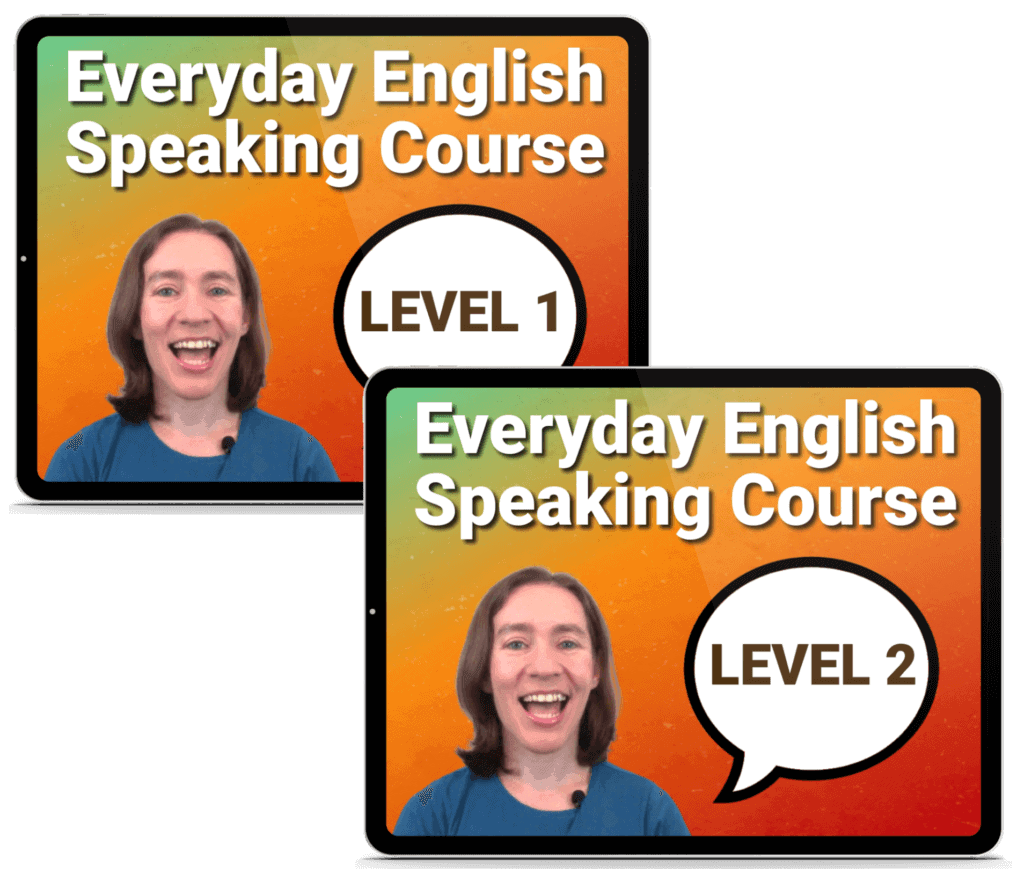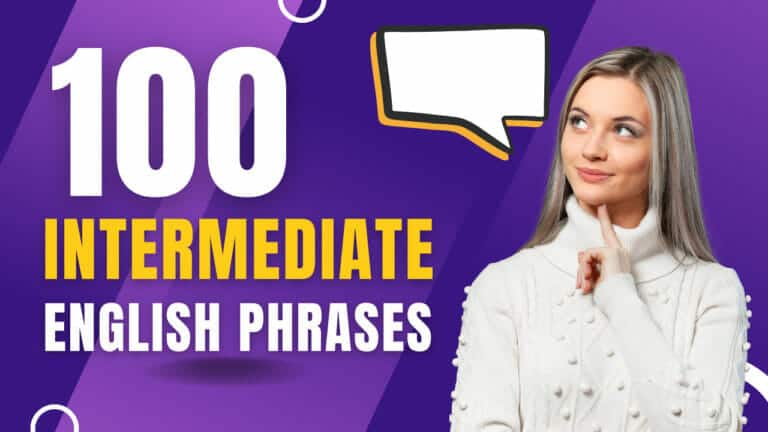
Transcript
Hello students. It’s Shayna, your teacher from EspressoEnglish.net, and in today’s lesson, I want to teach you about a mistake that I often hear students making when speaking. It has to do with the difference between “I like …” and “I’d like …” It’s a very small difference, but it actually changes the meaning of the sentence and the way we use these phrases.
I like
So, “I like” is simple present, and we use this to talk about what we like in general. After “I like,” you can use either the to form of the verb or the -ing form. So you can say, “I like to read,” or “I like reading.” There’s no difference. They’re both perfectly correct. I like to play soccer. I like playing soccer. Go ahead and make your own example. Tell me about something you like and you can write it down or post it in the comments.
I’d like
“I’d like” stands for “I would like.” Would is modal verb and we often use it, well we can use it for imaginary situations, but in this case, we use it to express a little more politeness. “I’d like” is another way to say, “I want.”
And this is used when you want something specific in that moment or in the future. It’s just a little bit more polite and diplomatic and indirect to say “I’d like” instead of “I want.” If you say “I want” all the time, it can sound like you’re making a lot of demands from other people, but “I’d like” is a little softer and more polite.
So for example, you could call a company and say, “I’d like to apply for the job.” After “I’d like,” we only use the -to from of the verb. So don’t say, “I’d like applying.” It’s not possible. I’d like to apply for the job. You are expressing your want, your desire, to apply for the job. And it’s in a specific situation as opposed to things you like in general, which is when we’d use “I like.”
Would you like…?
We can also use the question “Would you like …?” to make polite offers. So if you receive some guests in your home, you might ask them, “Would you like something to drink?” This is a great, polite way to ask someone if they want something. And your guest might say, “Oh, I’d like a coffee.” or “I’d love a glass of water.” Okay?
Review: I like vs. I’d like
So, just to review, “I like” is used for likes in general. We can use either the to form or the -ing form afterwards. You can also, in these types of sentences, say, “I love” for something a little stronger. And with love, it’s the same thing. You can use to or -ing. I love reading. I love to read.
Or you can say, “I enjoy.” But be careful. When you use enjoy, you can only use the -ing form. So you would always say, “I enjoy reading.” Okay? I enjoy playing soccer. I enjoy listening to music. Got it?
And then “I’d like, I would like” we use for expressing, politely, something we want either now or in the future. You can also use “I’d like” for things in the farther future. For example, “I’d like to travel to England someday.” You’re not saying you want this now, but sometime in future you want to travel to England.
I like vs. I’d like: Pronunciation
As for pronunciation, the difference in really tiny, but it’s the difference between “I like” and “I’d like.” When speaking fast, it might be hard to hear that D sound, but it’s always present. I like, I’d like. I like, I’d like. Can you hear the difference?
If you want to get corrections on your spoken English, your best bet is to join my Everyday English Speaking Course. There are two levels: Level 1 and Level 2. And Level 2, especially, is more advanced and has a speaking task with every single lesson. That means you can record your speaking and send it to me and I will evaluate and correct it. So if you’re making any little mistakes, like this difference between “I like” and “I’d like,” I will give you feedback on those.
I hope you enjoyed today’s lesson, and I’d love to see you in the course!
Learn more: YOUR vs. YOU’RE










